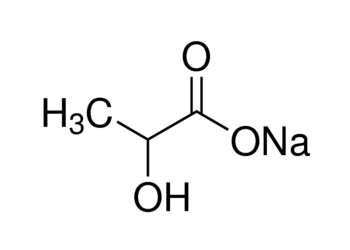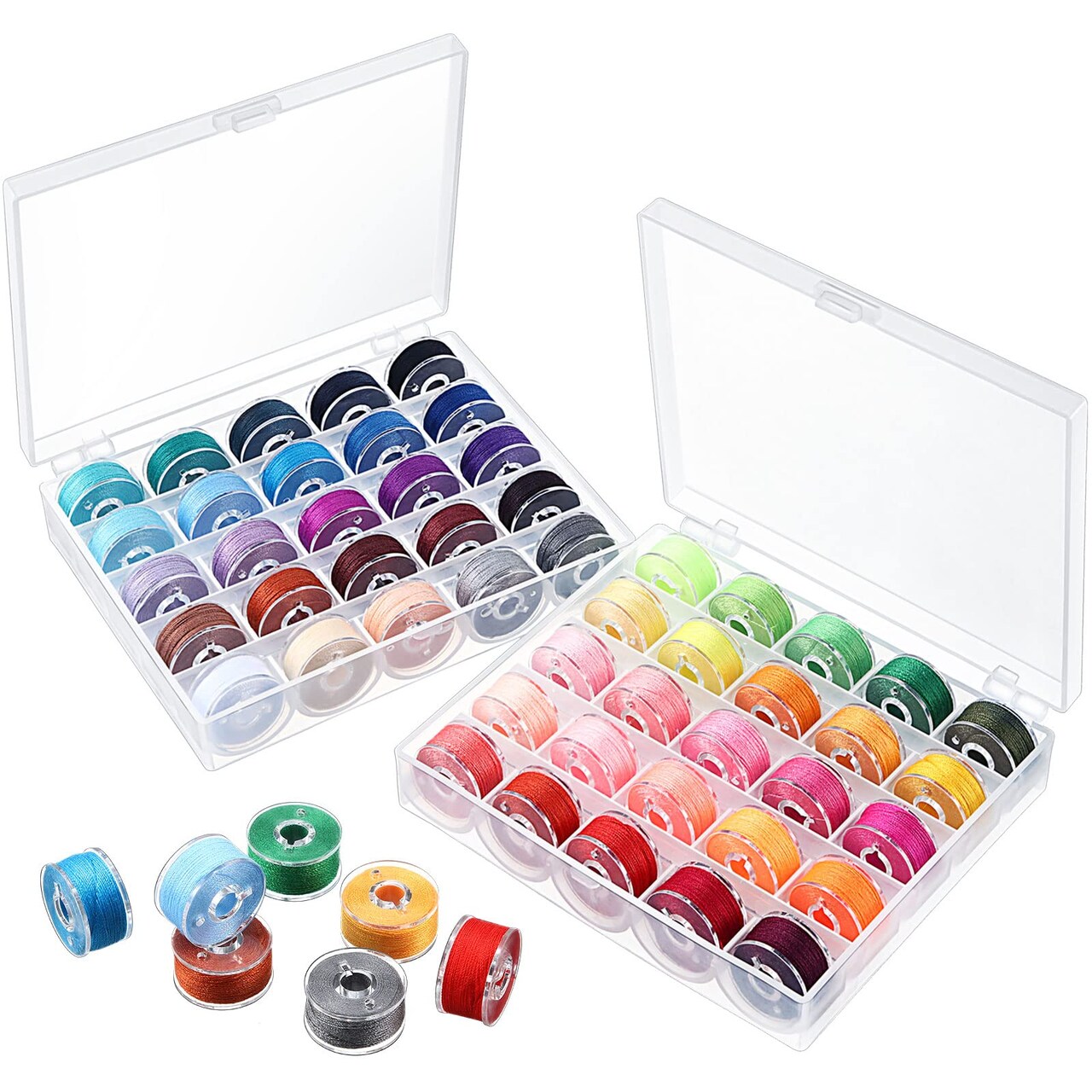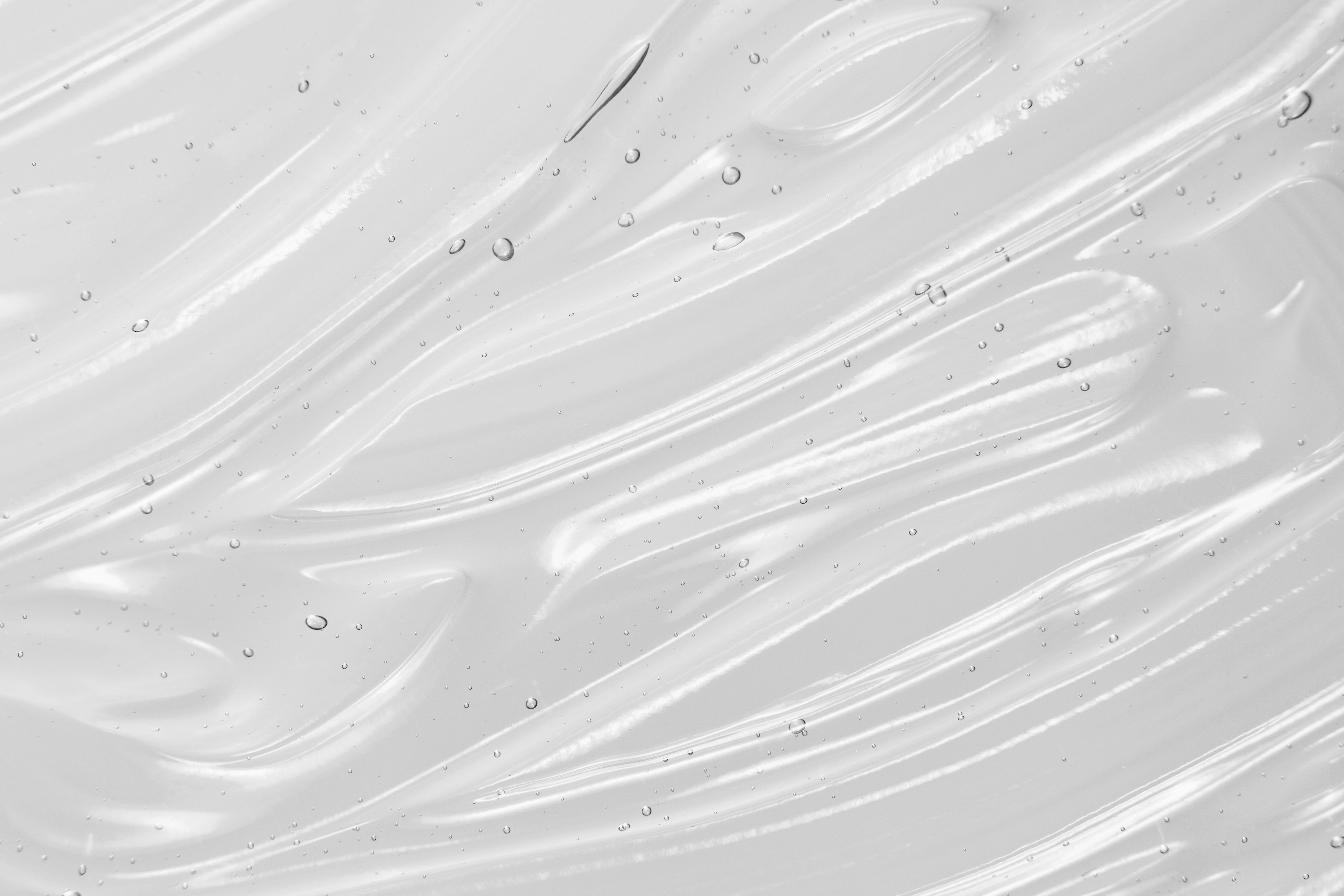
Sodium Lactate Explained, Skin Benefits, INCI- Procoal
Sodium lactate is a naturally occurring salt derived from the popular ingredient Lactic Acid. Both of which are different ingredients, but provide similar skin benefits by locking moisture into the skin and contribute to the skin’s Natural Moisturising Factor (NMF) that helps keep the surface smooth, healthy and supple whilst maintaining optimal health and appearance.
Nourish your skin with the natural ingredients found in Procoal's skin care products. Over 250,000+ men and women trust our products, because they know what our products can do for them.
Velona Sodium Lactate 60% is the sodium salt of natural L(+) lactic acid. It has a mild taste, great properties and is pH neutral. Vegan. Non-GMO, No

Sodium Lactate 60% - 8 oz | USP Grade Natural Preservative | for Soap Making & Lotions | Harder Bar of Soap, pH Regulator, Glycerin Substitute

DR. LAURANNE DERMO KITS medical line by [email protected] - Issuu

PDF) Skin Barrier Enhancing Alternative Preservation Strategy of O/W Emulsions by Water Activity Reduction with Natural Multifunctional Ingredients

Sodium hyaluronate Professional skin care products, Skin facts, Skin care

Processes, Free Full-Text
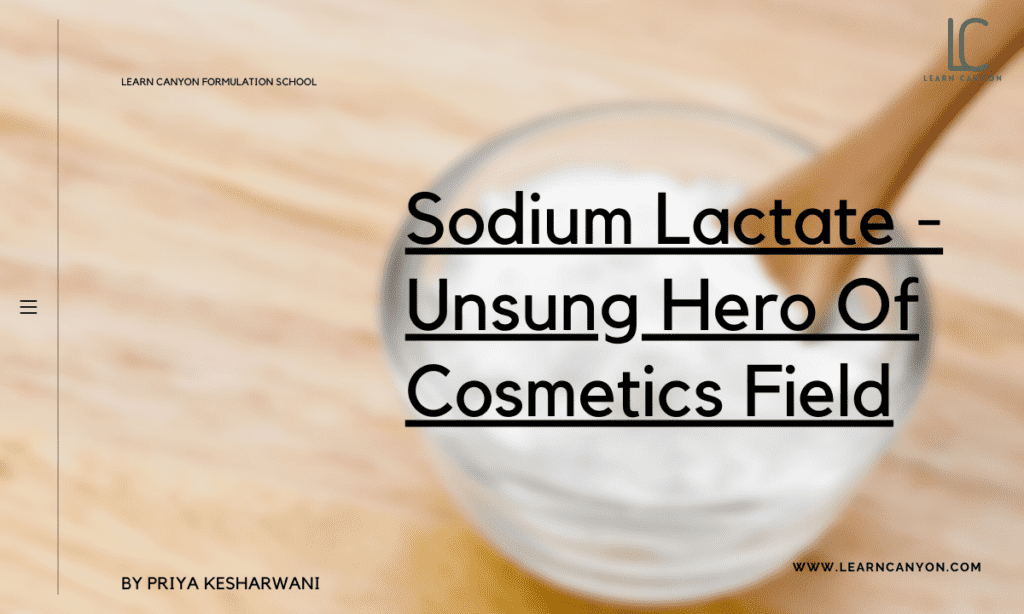
Sodium Lactate - Unsung Hero Of Cosmetics Field
Sodium Lactate, C3H5NaO3

Skin care new ingredients. - Free Online Library by nondescriptpred28 - Issuu

HOW TO USE SODIUM LACTATE 60 TO MAKE NATURAL SKINCARE PRODUCTS AND HARDEN COLD PROCESS SOAP

WO2014161863A1 - Dermatological and/or cosmetic peptides for use in skin treatment - Google Patents

KR20200024235A - Compounds useful for the treatment and / or care of skin, hair, nails and / or mucous membranes - Google Patents
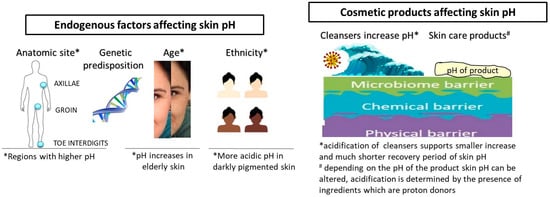
Cosmetics, Free Full-Text

Ingredients Lab: What is Sodium Lactate and Why Do You Need It? - Ameliorate

Tactile friction of topical creams and emulsions: Friction measurements on excised skin and VitroSkin® using ForceBoard™ - ScienceDirect

